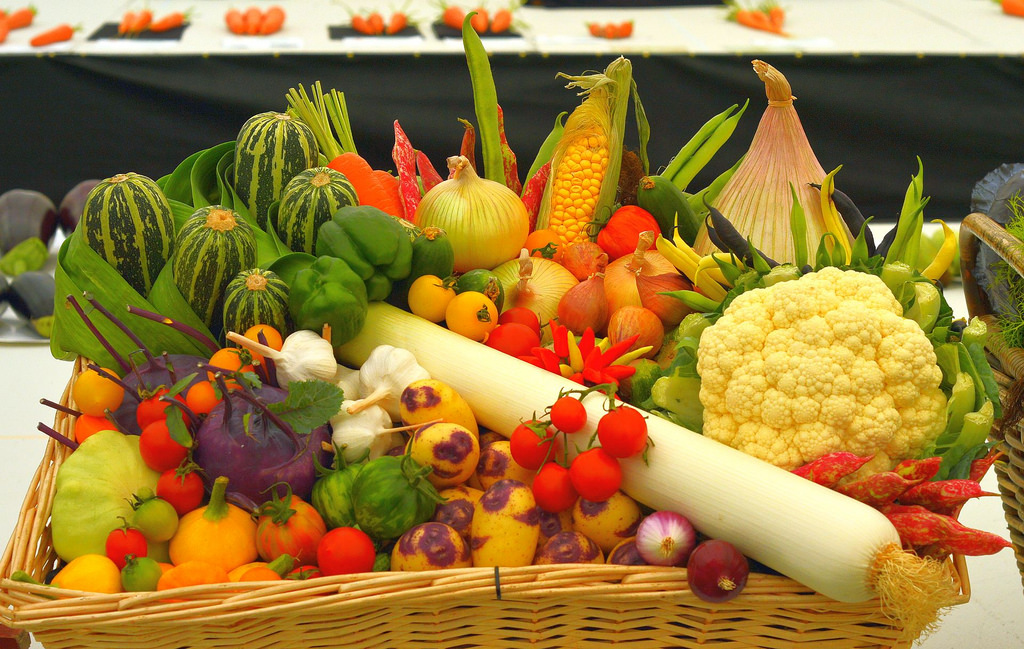Can you socially engineer a foodie?
The latest case of Spending Paternalism involves SNAP (formerly known as Food Stamps). Under SNAP, eligible households receive an electronic benefit transfer (EBT) card that gets reloaded with money once a month to spend on food and groceries. There are already myriad rules and restrictions about what SNAP benefits can be spent on, built directly into the card. While many of the country’s poor would clearly prefer cash, buying and selling an EBT card is illegal. Punishments vary by state. In Missouri for example, if it’s the recipient’s second strike, or if the value of the transfer is over $500, the state government can pursue Class D felony fraud charges that can result in disqualification from SNAP—and even jail time.
Nonetheless, SNAP is well understood to be one the most effective and efficient anti-poverty tools in the US government’s toolkit, helping to keep over ten million people out of poverty annually. Yet if the poor weren’t regulated by SNAP restrictions enough already, new USDA regulations aim to restrict recipients’ choices by adding tough requirements on what food retailers and grocers must stock to be eligible to redeem SNAP payments.
Here’s a bit from the Wall Street Journal’s excellent coverage of the rule change:
By year end, the U.S. Department of Agriculture wants to adopt rules that require stores redeeming food stamps to stock a wider variety of meats and vegetables and sell fewer hot meals, like pizza. The aim is to increase access to healthy food for low-income people. … The USDA’s proposal more than doubles the varieties of meats, dairy products, breads, and fruits and vegetables that SNAP retailers have to stock, requiring at least six of each item on shelves. … The USDA suggests that stores add shrimp, lamb or tofu to reach the higher bar, but convenience store owners say those aren’t foods their customers want—or can afford—to buy.
House and Senate committees have been holding hearings on the issue, mainly in response to an outcry from smaller stores and chains that would become ineligible for SNAP and lose significant revenue from the rule change.

